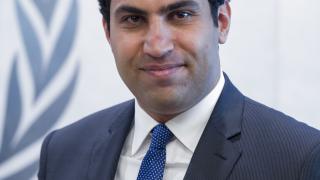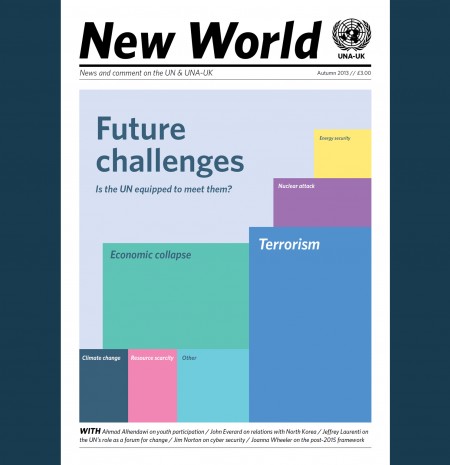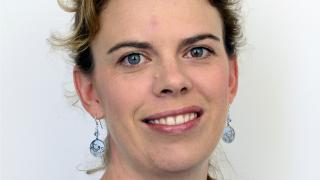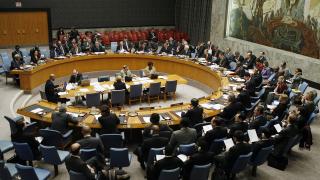
In 2012, 35.8 million people were of concern to the United Nations High Commissioner for Refugees (UNHCR), the second highest number recorded. 15.4 million of these were refugees (including 4.9 million Palestinian refugees registered by UNRWA), many of which fled their homes as a result of intra state conflict.
Currently over half of all refugees worldwide come from Afghanistan, Iraq, Somalia, Sudan, and Syria. Many of these refugees have suffered from the increasingly protracted nature of modern conflict, which means they may have been in these situations of fear and upheaval for a number of years.
Whilst UNHCR and various NGOs have gone to great lengths to shelter, feed and protect these refugees, it is clear that more needs to be done to address this worrying situation. For example, refugee camps are one of the primary responses to a refugee crisis. But although they are meant as a temporary means of shelter, some have been home to refugees for decades.
Whilst the camps meet the basic need for shelter, some still face difficulties in meeting the hygiene and sanitation needs of large populations of refugees. Some camps, however, have made gains with regard to long-term social and educational care, particularly those who have been accommodating refugees for years. For example, at the Dadaab camp in Kenya, which has been home to Somali refugees since the early 1990s, a Canadian-based NGO, Borderless Higher Education for Refugees, has begun a pilot scheme that aims to offer 400 students in these camps a chance to attend university.
However, this scheme is the exception and not the rule. With 46 per cent of refugees less than 18 years old, it is a serious concern that many only have the opportunity to reach secondary school level education, and in some camps it is only primary level. The debilitating effects of a lack of education will continue to be felt by future generations, as well as on a state’s future development.
In order for UNHCR and its partner organisations to improve camp conditions, they need more funding. The continuing increase in refugees is reflected in the growing UNHCR budget reaching a record annual high of $4.3 billion in 2012, but this is still not enough. Particularly in Africa, were the annual budget of $1.82 million for 2013 is likely to fall short of meeting the requirements, as was previously recorded in 2011, the regional budget of $1.78 billion had a shortfall of $920 million consequently long term projects such as education for refugee children received only one third of its funding.
Refugees’ living conditions are a serious issue which demands attention. Another important issue is the capacity of the host state. According to UNHCR, developing countries host a majority of refugees (80 per cent). These states are themselves still in a period of ongoing development, facing domestic challenges such as high unemployment, weak economies and strained politics. Yet they continue to open their borders and extend a welcome hand, despite these constraints.
For example, consider the Syrian crisis; neighbors Iraq, Jordan, Lebanon and Turkey have taken in more than 2.1 million refugees. Iraq is still recovering from its own barely resolved conflict which itself produced a refugee crisis. In Lebanon the influx of refugees from Syria has marked a 17 per cent increase in its population in a mere 12 months. And in Jordan a water crisis threatens both refugees and its citizens. These states, already stretched in their own resources, continue to absorb increasing numbers of Syrian refugees, a situation which could destabilise an already fragile region.
Just as agencies deserve increased support, the pressure on these neighboring states must also be shared by the international community, to demonstrate solidarity and responsibility to the well-being of these refugees. Developed nations have a duty towards those who, through no fault of their own, continue to suffer, and to provide long-term solutions and assistance to alleviate their losses.
Georgina Mugugu is currently a UNA Youth Intern at UNA-UK.











